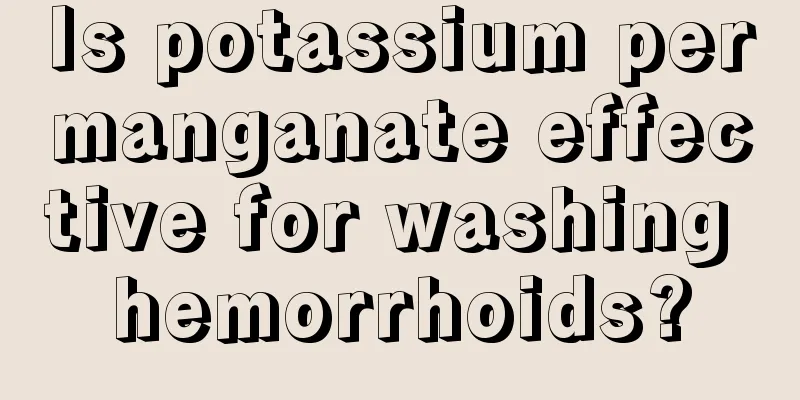What's wrong with mild chronic nephritis

|
The kidney can be said to be one of the most important organs in our human body. In many cases, the kidney cannot have any problems. However, with the rapid development of the economy, people's life pressure is getting greater and greater, and the pace of life is getting faster and faster. As a result, people's bodies are prone to problems. The kidney is a very important organ but it is also an organ that is prone to problems. Diseases such as nephritis can easily occur to people if they are not careful. The physiological functions of the kidneys are mainly to excrete metabolic products and regulate the balance of water, electrolytes and acid-base, secrete a variety of active substances, maintain the stability of the body's internal environment, and ensure the body's normal physiological functions. Nephritis is a group of kidney diseases that are mediated by the immune system and involve inflammatory mediators (such as complement, cytokines, reactive oxygen species, etc.), which ultimately lead to inflammatory changes in the kidney's intrinsic tissue and cause varying degrees of renal function impairment. It can be caused by a variety of causes. Non-immune, non-inflammatory mechanisms are also involved in the chronic process. One of the symptoms of chronic nephritis is edema. Edema is a common symptom of chronic kidney disease, but it is not the only symptom. Edema is still common in many patients. The edema is usually located in the eyelids, calves, and ankles. In severe cases, ascites may be seen. There are generally two reasons for edema in chronic nephritis. One is protein loss, and the other is a decrease in glomerular filtration rate, which causes water and sodium to be retained in the tissue spaces and cannot be excreted in time. The second symptom of chronic nephritis is fatigue. In fact, fatigue is one of the earliest "signals" of edema in chronic kidney disease. However, because fatigue is a common symptom in life and study, no one or we tend to ignore the symptoms of fatigue. It is recommended that if you have occasional edema, frequent fatigue, and a decline in physical fitness in the near future, you should go to the hospital for examination in time. The third symptom of chronic nephritis is foamy urine. Foamy urine mainly occurs because of protein in the urine, which is related to protein loss. This is because protein in the urine increases the surface expansion of the liquid. Therefore, patients with nephritis and kidney disease will have foamy urine, which is characterized by the foam that lasts for a long time. The fourth symptom of chronic nephritis is hypertension. Hypertension is one of the common chronic cardiovascular diseases in middle-aged and elderly people. Some young people may have unexplained high blood pressure, and its onset is also related to the kidneys, mainly because of the increase in blood pressure caused by renal parenchymal lesions and renal artery lesions. Nephritis is not scary. Medicine is so advanced now. As long as we find any problems with our body or kidneys, we should seek medical attention immediately. I believe that we will recover soon after treatment. However, many diseases require us to control ourselves, and it is best to develop good living habits. |
<<: What is the corticospinal tract
>>: Are there any sequelae of sinusitis surgery
Recommend
Left side of face is numb
Many people have experienced facial numbness in t...
What tests are needed for nasopharyngeal carcinoma?
What tests are needed for nasopharyngeal carcinom...
What causes diarrhea and black loose stools?
If you have diarrhea symptoms when going to the t...
Will kidney stones cause stomach pain?
Will kidney stones cause stomach pain? Kidney sto...
Are high heels harmful to health?
Female friends all love high heels. Not only can ...
Side effects and contraindications of Ophiopogon japonicus
Ophiopogon japonicus is also a traditional Chines...
How to practice breathing when you are short of breath while singing
In today's society, music has become an impor...
What material is good for baby towels
Babies' skin is very delicate, so parents alw...
Do I need to be on an empty stomach for a urine test?
Urine test is a very common test in people's ...
Do you know the knowledge of health care in the twelve hours?
In order to make our bodies better and better and...
How to wash white clothes stained with red wine
Beautiful white items are the first choice for ma...
What are the early symptoms of lung cancer? There are four types
In current medicine, lung cancer is an obvious re...
What are the effects of Kunbao Pills
Many women after middle age often become more eas...
What is the reason for saliva odor
Saliva is a secretion in our mouth. It has many u...
Tips for peeling oranges
Winter is the season for eating oranges, and oran...









